Add to Wishlist
Agriculture And The Environment
By Aaren Castro
Publisher: Alexis Press LLC
$135.00
ISBN 13: 979-8-89143-014-3
YEAR: 2024
eBOOK
Instant Delivery
SKU:
ALX-AG-014-3
Category:
Agriculture
Additional information
| Access Type | Download eBook, Read Only |
|---|
Be the first to review “Agriculture And The Environment” Cancel reply
You must be logged in to post a review.
Purchase now to read the book online.
Select optionsRelated products
Agricultural Economics
By Brook Fraser
$135.00
Agricultural economics is an applied field of economics concerned with the application of economic theory in optimizing the production and distribution of food and fiber products. Agricultural economics began as a branch of economics that specifically dealt with land usage.
Agricultural Economics
By Brook Fraser
$135.00
Agricultural economics is an applied field of economics concerned with the application of economic theory in optimizing the production and distribution of food and fiber products. Agricultural economics began as a branch of economics that specifically dealt with land usage.
Advances in Agronomy
$135.00
Agronomy is the science and technology of producing and using plants by agriculture for food, fuel, fiber, chemicals, recreation, or land conservation. Agronomy has come to include research in plant genetics, plant physiology, meteorology, and soil science. It is the application of a combination of sciences such as biology, chemistry, economics, ecology, earth science, and genetics. Professionals of agronomy are termed agronomists.
Advances in Agronomy
$135.00
Agronomy is the science and technology of producing and using plants by agriculture for food, fuel, fiber, chemicals, recreation, or land conservation. Agronomy has come to include research in plant genetics, plant physiology, meteorology, and soil science. It is the application of a combination of sciences such as biology, chemistry, economics, ecology, earth science, and genetics. Professionals of agronomy are termed agronomists.
The Science Of Vegan Food
$135.00
Agricultural Technology
$135.00
A major turning point for agricultural technology is the Industrial Revolution, which introduced agricultural machinery to mechanize the labor of agriculture, greatly increasing farm worker productivity. In modern mechanized agriculture powered machinery has replaced many farm jobs formerly carried out by manual labor or by working animals such as oxen, horses, and mules. Advances in the 19th century included the development of modern weather forecasting and the invention of barbed wire. Improvements to portable engines and threshing machines led to their widespread adoption.
Agricultural Technology
$135.00
A major turning point for agricultural technology is the Industrial Revolution, which introduced agricultural machinery to mechanize the labor of agriculture, greatly increasing farm worker productivity. In modern mechanized agriculture powered machinery has replaced many farm jobs formerly carried out by manual labor or by working animals such as oxen, horses, and mules. Advances in the 19th century included the development of modern weather forecasting and the invention of barbed wire. Improvements to portable engines and threshing machines led to their widespread adoption.
Prominent Agricultural Scientists
By Brice Powell
$135.00
Agricultural Scientist is the one who is a specialist in analyzing farming methods and food production methods to enhance safety and crop yield. Through research, an agricultural scientist works on new and innovative ways to increase the quality of food grown and supplied. In complete coordination with the scientific community and policy-makers, an agricultural scientist reaches the solution.
Prominent Agricultural Scientists
By Brice Powell
$135.00
Agricultural Scientist is the one who is a specialist in analyzing farming methods and food production methods to enhance safety and crop yield. Through research, an agricultural scientist works on new and innovative ways to increase the quality of food grown and supplied. In complete coordination with the scientific community and policy-makers, an agricultural scientist reaches the solution.
Organic Farming and Gardening: Systems and Approaches
By Ash Harris
$135.00
Organic farming – an alternative agricultural system that relies on fertilizers of organic origin such as compost, manure, green manure, and bone meal and places emphasis on techniques such as crop rotation and companion planting. Biological pest control, mixed cropping, and the fostering of insect predators are encouraged. In general, organic standards are designed to allow the use of naturally occurring substances while prohibiting or strictly limiting synthetic substances.
Organic Farming and Gardening: Systems and Approaches
By Ash Harris
$135.00
Organic farming – an alternative agricultural system that relies on fertilizers of organic origin such as compost, manure, green manure, and bone meal and places emphasis on techniques such as crop rotation and companion planting. Biological pest control, mixed cropping, and the fostering of insect predators are encouraged. In general, organic standards are designed to allow the use of naturally occurring substances while prohibiting or strictly limiting synthetic substances.
Agricultural Soil Science
$135.00
Prior to the development of pedology in the 19th century, agricultural soil science was the only branch of soil science. The bias of early soil science toward viewing soils only in terms of their agricultural potential continues to define the soil science profession in both academic and popular settings as of 2006.
Agricultural Soil Science
$135.00
Prior to the development of pedology in the 19th century, agricultural soil science was the only branch of soil science. The bias of early soil science toward viewing soils only in terms of their agricultural potential continues to define the soil science profession in both academic and popular settings as of 2006.
Introduction To Agroecology: Principles And Practices
By Avery Clark
$135.00
Agroecology is defined by the OECD as "the study of the relation of agricultural crops and environment." Dalgaard et al. refer to agroecology as the study of the interactions between plants, animals, humans, and the environment within agricultural systems. Francis et al. also use the definition in the same way but thought it should be restricted to growing food.
Introduction To Agroecology: Principles And Practices
By Avery Clark
$135.00
Agroecology is defined by the OECD as "the study of the relation of agricultural crops and environment." Dalgaard et al. refer to agroecology as the study of the interactions between plants, animals, humans, and the environment within agricultural systems. Francis et al. also use the definition in the same way but thought it should be restricted to growing food.
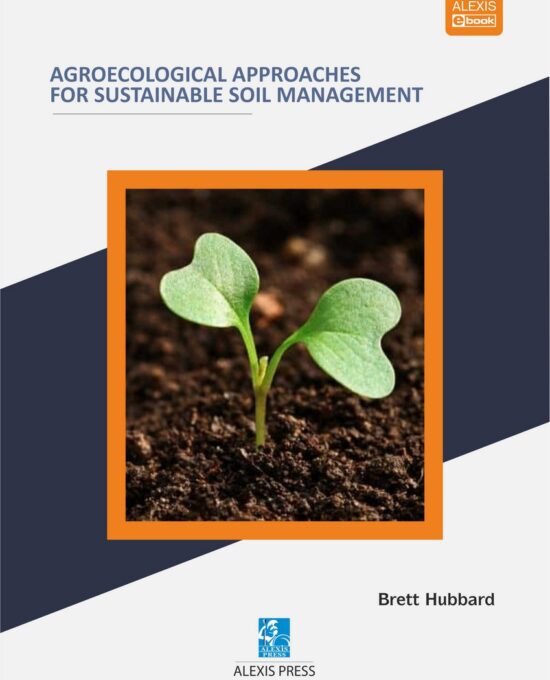
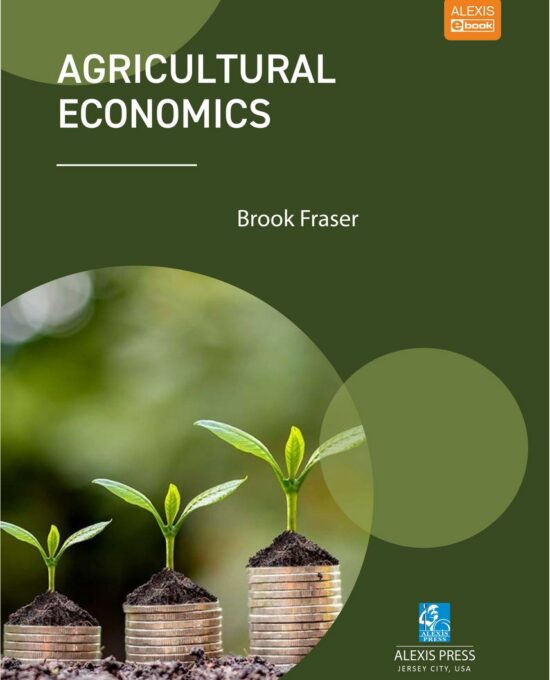
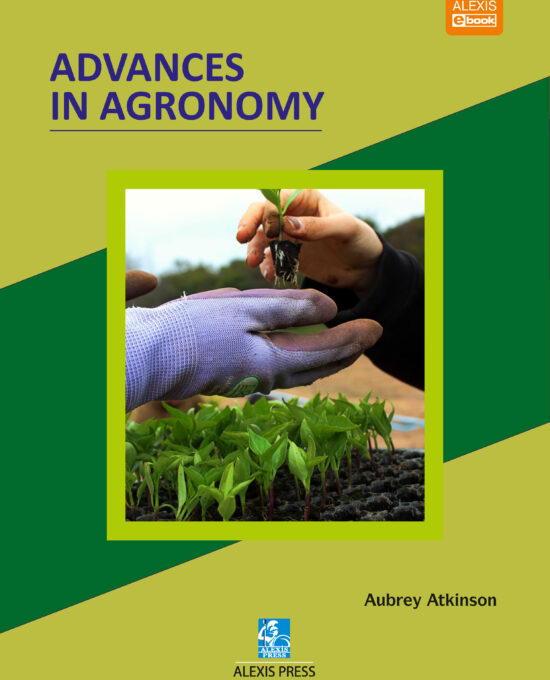

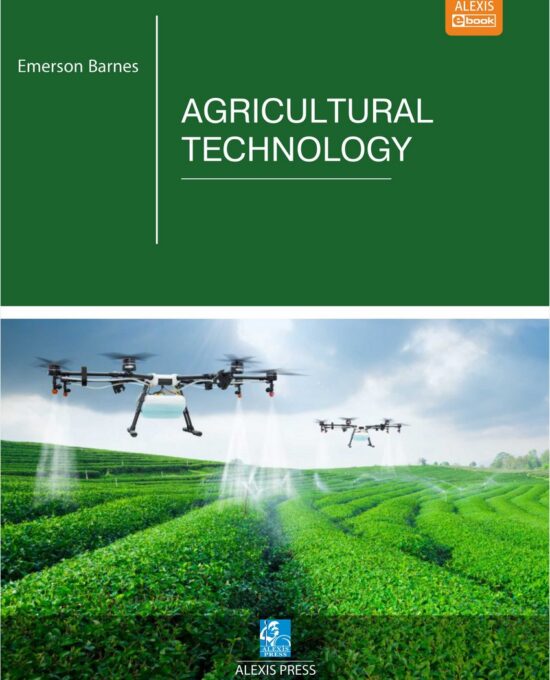
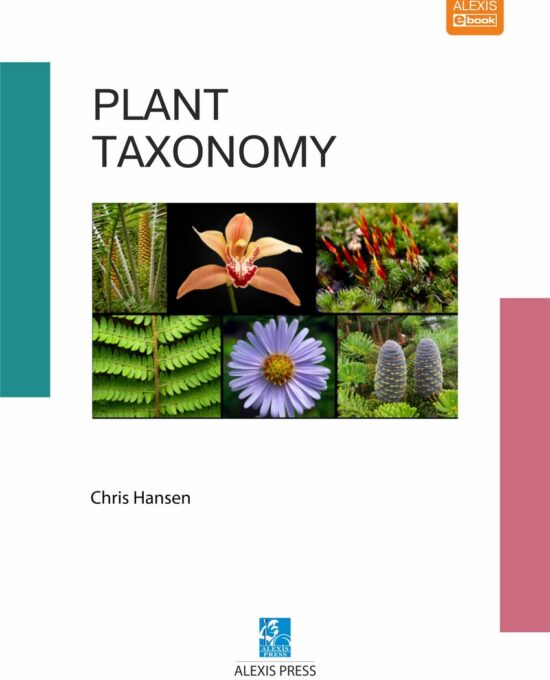
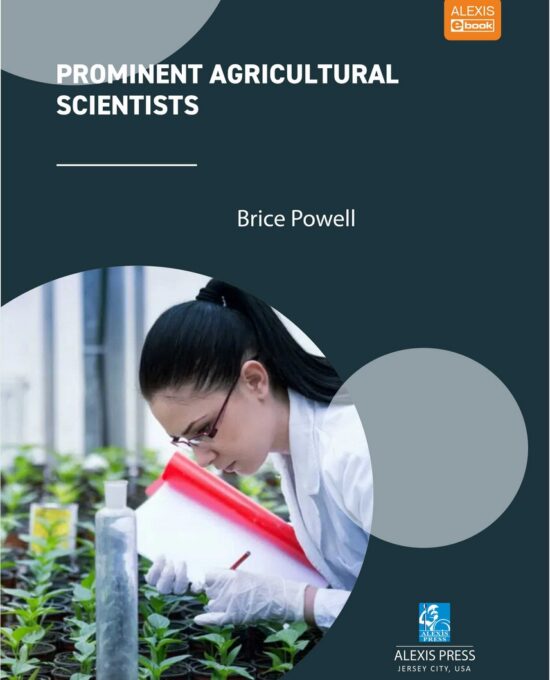
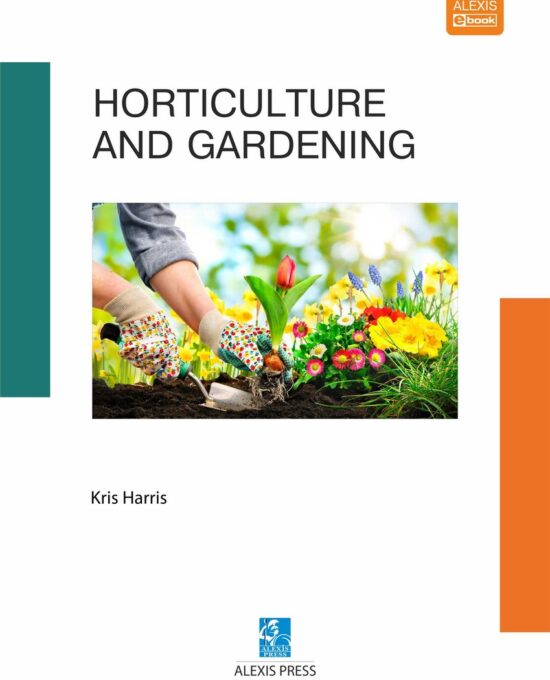

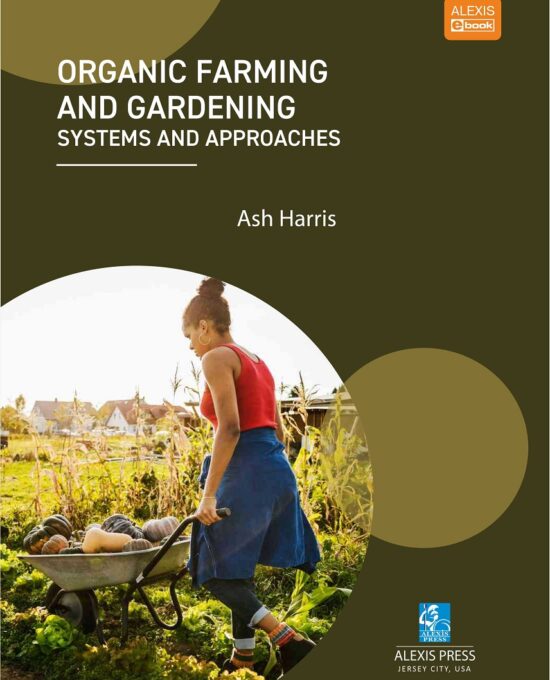
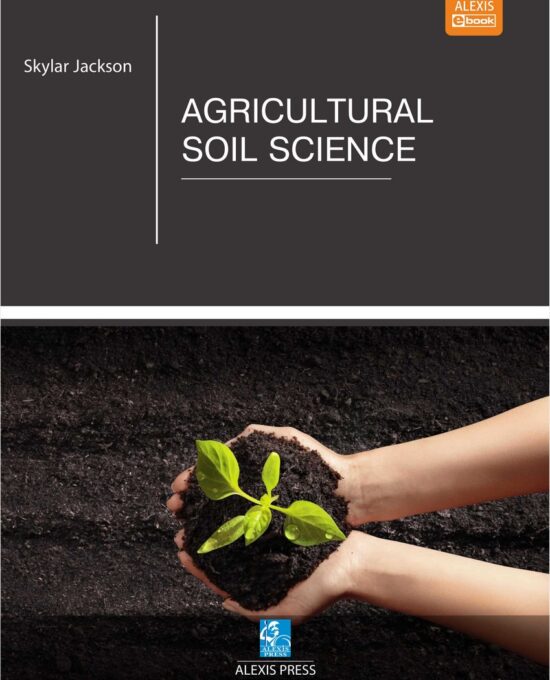
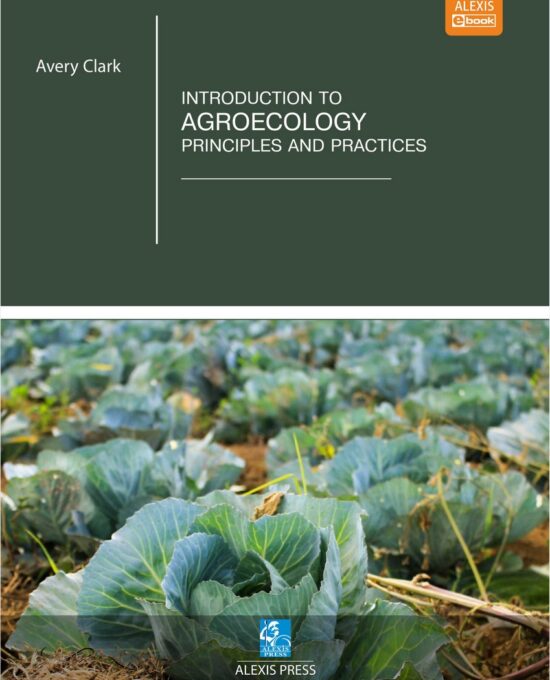
Reviews
There are no reviews yet.